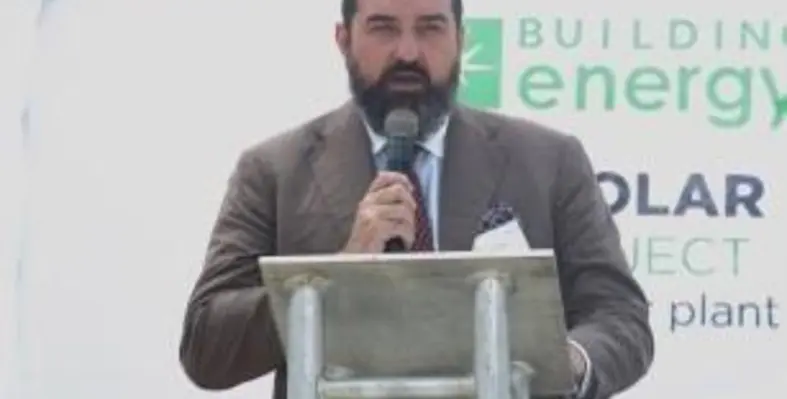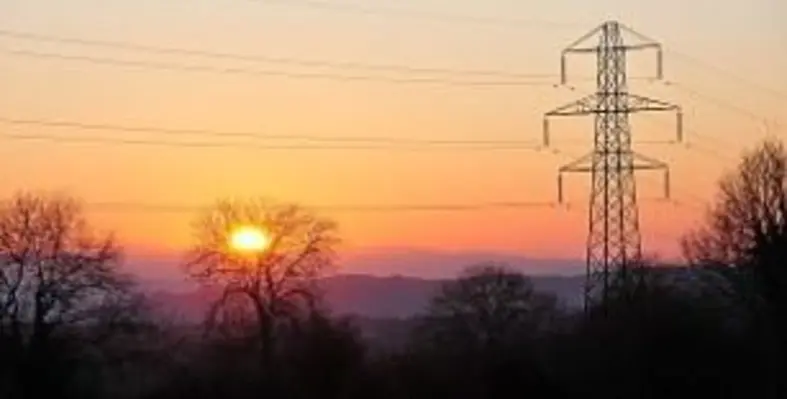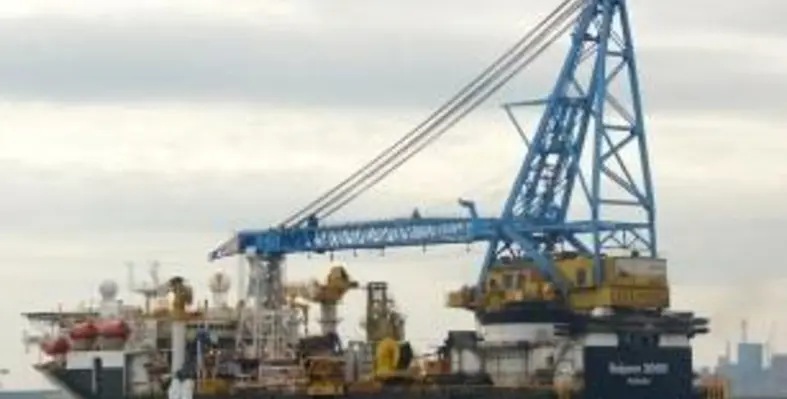The infrastructure team of CDC, the UK’s development financial institution, is present at Africa Energy Forum (AEF) in Lisbon
Energy
Saipem wins US$6bn onshore LNG project in Mozambique
Italian oil and gas firm Saipem, in a joint venture with McDermott International and Chiyoda Corporation, has reached an agreement with Area 1 Concessionaires on an EPC contract to engineer and construct an onshore LNG project in Mozambique
Building Energy attends Africa Energy Forum

Matteo Brambilla is the managing director for Africa and the Middle East of Building Energy. (Image source: Building Energy)
Italian multinational Building Energy SpA is participating as a sponsor to the 21st annual Africa Energy Forum (AEF), the international investment meeting for Africas power energy, infrastructure and industrial sectors
EnergyNet Student Engagement Initiative at AEF 2019

The goal is to create Africa’s next generation of energy leaders. (Image source: karelnoppe/Adobe Stock)
Africa Energy Forum (AEF) is holding the EnergyNet Student Engagement Initiative (ESEI) to help African students with the first-hand experience of the power sector on global economies and industries
AEF promotes inclusion and diversity

All sessions at AEF 2019 will be moderated by leading women in the sector. (Image source: JonoErasmus/Adobe Stock)
Africa Energy Forum (AEF) is promoting the gender diversity in Africa’s energy spectrum, representing more than 25 per cent female participants from more than 3,000 delegates















